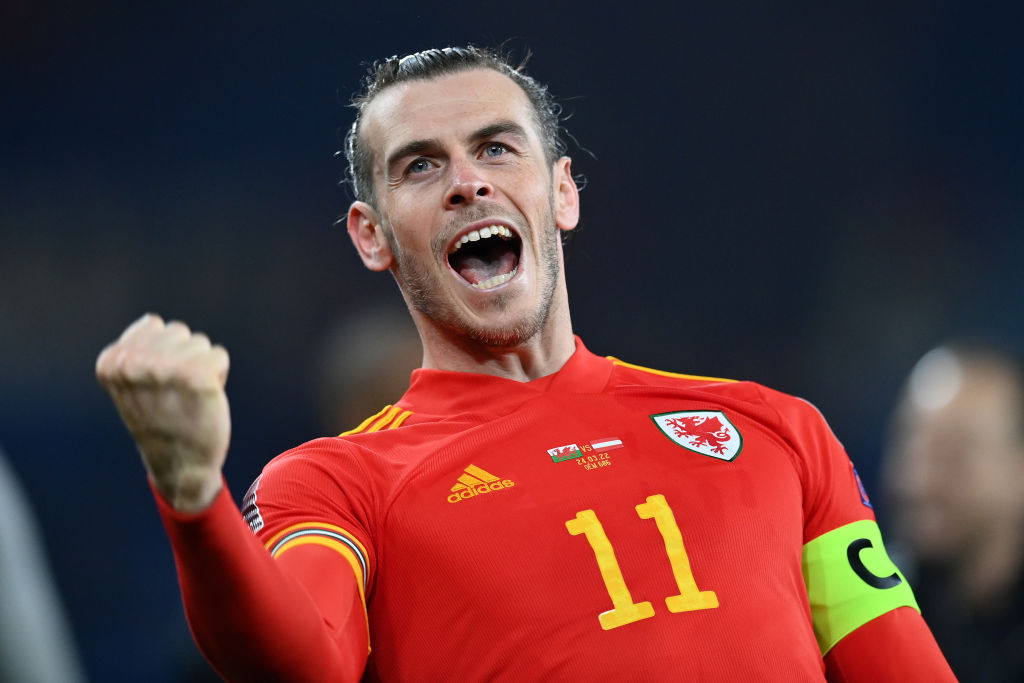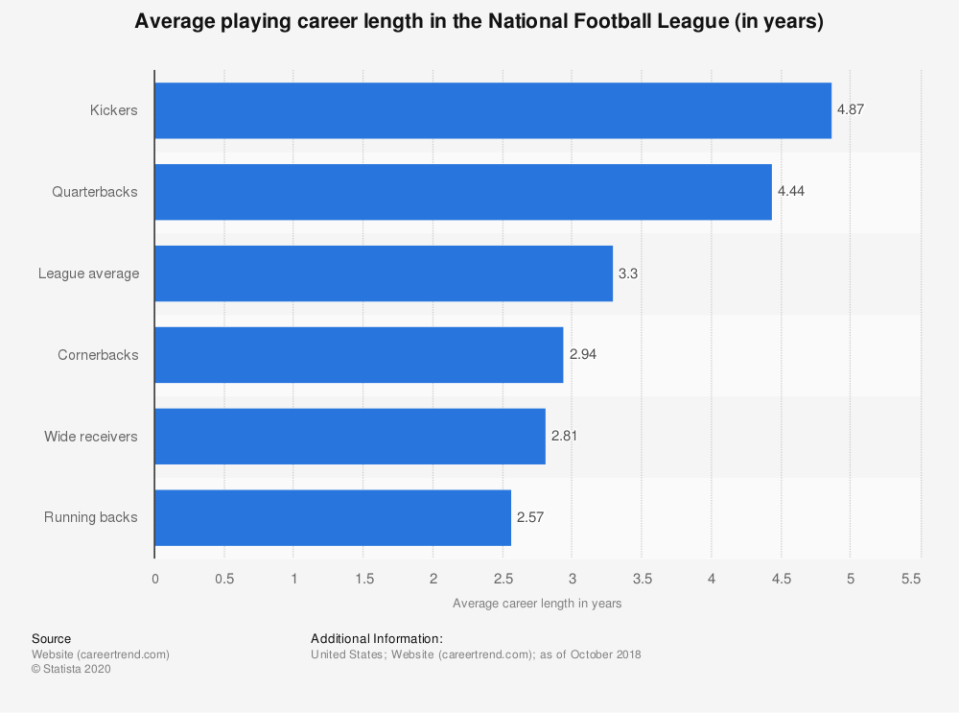Ed Warner: Team sportspeople like Gareth Bale are held to double standards over loyalty

Commentary stat of last weekend for me was that Gareth Bale has spent more time on a football pitch for Wales this season than for Real Madrid.
Having run down his lucrative contract with the Spanish club, Bale is now a free agent – the footballing equivalent of the golfers signing up for this week’s inaugural rebel tournament, the LIV Golf Invitational.
As fans, though, we tend to hold team players to different loyalty standards than athletes in individual sports. Unfair?
Bale’s falling out of love with Real Madrid, and vice versa, has been a long-running soap opera. As it happens, his passion for golf has been woven through the narrative; he has been portrayed as a loner never happier than when perfecting his swing.
My mole in the FA of Wales, though, tells me that Bale is the quintessential team player on national duty, off and on the park.
The football transfer market is now dominated by analysis of players’ contract durations. A year to run is the new effective expiry date and fan favourites can swiftly fall out of favour with supporters if they enter the final season of a deal wilfully declining a proffered extension.
In the tribal world of team sport, doing right by one’s bank balance, agent, family or some combination of the three cuts little ice.
Contrast that with the language employed about the golfers heading to St Albans for this week’s Saudi-backed LIV Golf event. This, remember, is a sport in which missing the cut after half of a four-day event spells no prize money. Yes, players have sponsor deals, but nothing as secure as a team athlete’s multi-year employment contract.
Explaining his decision to return from a four-month absence and join the LIV Golf series, in defiance of the PGA Tour, Phil Mickelson said: “I needed to start prioritising the people that I love the most and work on becoming a better version of myself. It will provide balance, allowing me to focus on a healthier approach to life on and off the course.”
No mention of bank balance in the balance that Mickelson cites. It has been reported that he was offered $200m to sign up.
Dustin Johnson’s agent David Winkle said his client “ultimately decided it was in his and his family’s best interest to pursue it. Dustin has never had any issue with the PGA Tour and is grateful for all it has given him, but in the end, felt this was too compelling to pass up.”
Winkle will have helped Johnson weigh up a reported $150m incentive from LIV Golf against possible income lost as a result. The bank RBC was quick to terminate its sponsorship of the two-time major winner. One guesses this hasn’t tilted the balance much.
As a fan, like many (most?) I support teams but follow sports. Athletes, golfers, tennis or darts players will come and go, engaging my interest for some duration of their career, but it’s the sport itself that in these cases endures.
Teams, however, are the constant in football, rugby, cricket, baseball. Their star players shine and then fade, but the ever-changing roster itself is the thing that makes the heart its captive.
Professional careers in all sports are fragile. For some it might be more appropriate to measure them in months rather than years.
In the NFL, the average length of a playing career ranges from 4.87 years for kickers to just 2.57 for running backs. Remember, too, that these averages will include a swathe of footballers whose time at the top is fleeting.

I recently met a couple of people who switched football allegiance from Crystal Palace to Arsenal in 1991 when Ian Wright was transferred from one to the other. I have a friend who supports Lionel Messi, and so follows Paris Saint-Germain now instead of Barcelona.
Each inhabits a different sporting emotional world to the one I know. But perhaps they have a more grounded understanding of career jeopardy and the need for team players to do right by their families than I do.
One reader contacted me after last week’s Sport inc. to argue the case for those Russian and Belarussian tennis players banned from this year’s Wimbledon.
Why should they suffer, he argued, by virtue of the land of their birth (especially if they now live in Monaco)? Once again, the team versus individual distinction.
LIV Golf boss Greg Norman proclaims “free agency has finally come to golf.” The trend in team sports has been towards freer agency, players securing greater freedom of movement while retaining the protections of contracted employment.
There remains, however, a degree of indenture – think of the footballer forced out on loan, or pressured into a transfer.
That is the moral price team sport chooses to pay for its club structures and the desire for a high degree of season-to-season continuity. As fans, let’s face it, we are complicit.
Ed Warner is chair of GB Wheelchair Rugby and writes at sportinc.substack.com
